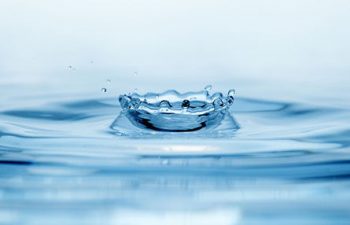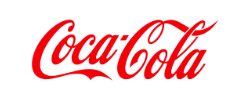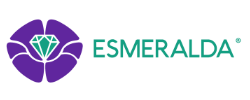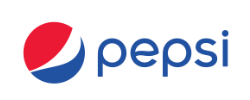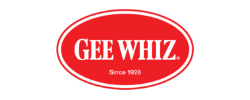There is no overstating the importance of having access to clean, safe water – for drinking, for cleaning, for cooking, for bathing, for producing and growing the food we eat, and for a million things we don’t even think about.
It’s easy to take for granted our ability to turn on a tap and drink water that doesn’t make us sick, or to be able to go to the grocery store and purchase food that is safe for us to eat.
That isn’t the case for many people around the world. According to the World Health Organization and UNICEF, 663 million people, 1 in 10 around the world, lack access to safe water. And Water.org reports that globally, 1/3 of all schools lack access to clean water and proper sanitation.
That said, we can all do our part in contributing to large-scale solutions for cleaner water.
EAU Technologies and SafeWater™ work every day to provide a safer, cleaner alternative to the harsh, damaging chemicals used commercially today.
We help companies and communities in their mission for sustainability by offering a product that’s a more cost-effective, green solution; a product that reduces energy use and helps companies reduce their carbon footprint; a product that reduces waste water generation; and most importantly, a product that’s safe for consumers and leaves no mark on the ecosystem. That means no chemical run-off, no chemical residue, and no chemical harm.
If you’d like to help in the effort to protect our water, consider these tips:
- Try and cut back on antibacterial soaps and cleaners. This may sound counter-intuitive, but the American Medical Association warns that antibacterial chemicals in the water supply contribute to the rise of antibiotic-resistant superbugs. Regular soap and water clean just as effectively.
- Don’t send anything down your storm drains except water. Storm water is carried directly to local, and larger, waterways. Sending motor oil, lawn chemicals, detergents, and other harsh contaminants down these drains means they’ll likely end up contaminating the larger water supply.
- Choose non-toxic cleaning products for your home, and try to avoid pesticides and fertilizers in your yard.
Become part of the conversation over on our Facebook page or visit us on Twittertoday


